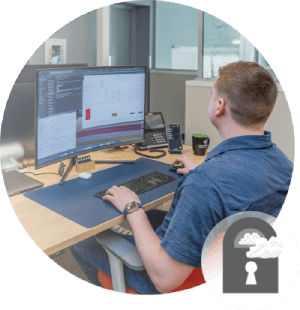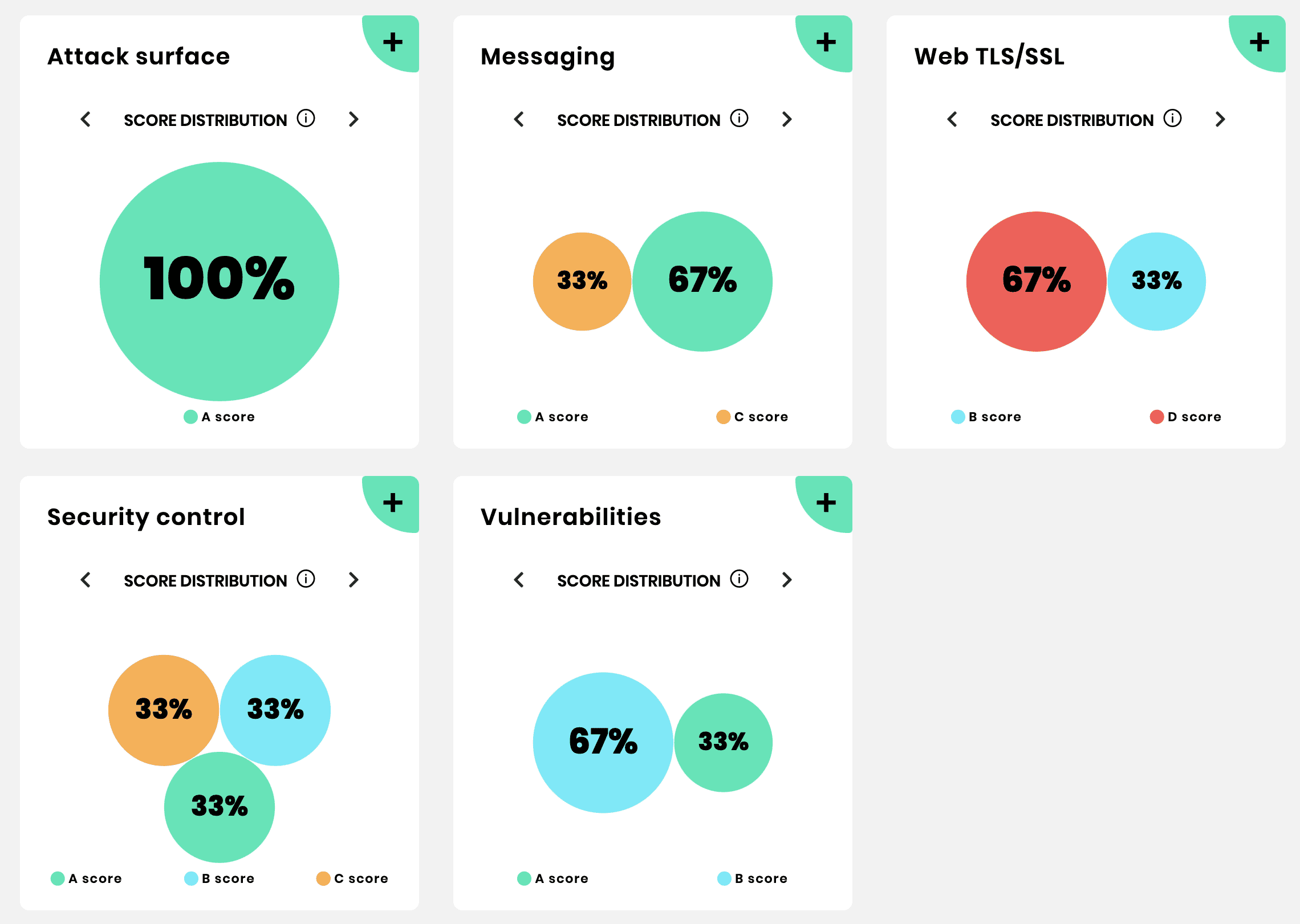The rate at which businesses are using cloud computing strategies to drive new sales—and growth doesn’t appear to be slowing down in 2021. In fact, it’s speeding up.
Businesses are trying to keep pace with emerging technology and an increasingly mobile workforce with solutions that won’t grind down productivity or break the bank. Many of them are turning to the cloud for answers. According to one recent study, companies expect to increase their cloud spending by 39% in 2021, and a whopping 82% are embracing a hybrid cloud strategy.
What makes the hybrid cloud computing environment such a popular choice? Let’s outline what makes a hybrid cloud environment different than public and private cloud solutions and highlight some of the benefits offered by a hybrid cloud solution.
If you still have questions, reach out to our team of cloud technology experts at Verdant TCS. We’ll be happy to walk through a cloud migration plan that’s right for you.
Public Cloud, Private Cloud, Hybrid Cloud … What’s the Difference?
There are a lot of cloud computing deployment options available for businesses looking to modernize and upgrade their operations. Here are some quick definitions:
Public Cloud
This is the most common cloud computing deployment choice. With public cloud services, all hardware, software, and infrastructure tools are owned, managed, and shared by a cloud provider via the internet. Examples of public cloud providers include Amazon Web Services (AWS), Microsoft Azure, and Google Cloud Platform.
Private Cloud
Conversely, businesses can use private cloud environments that are either hosted with on-premises hardware or by a third-party service provider. All services and infrastructure, including software and hardware, are dedicated solely to each individual business’ private network.
Hybrid Cloud
The hybrid cloud approach, meanwhile, takes elements of both private and public cloud environments and connects them to provide a multi-cloud solution tailored to your business needs. A hybrid cloud infrastructure allows data to move between the public and private cloud environments, while still providing orchestration, management, and app portability.
RELATED: THE CLOUD IS CONFUSING ENOUGH. DON’T FALL FOR THESE COMMON CLOUD MYTHS
A Hybrid Cloud Strategy Can Help You No Matter What Stage You Are in With the Cloud
A hybrid cloud environment provides several advantages that can positively impact your business in terms of capabilities and functionality. This includes an opportunity to upgrade your existing systems through automation, accelerating innovation without sacrificing productivity.
Here are some additional benefits offered by cloud computing:
- Flexibility:Choose the management tools, features, and functions that you want or need from a cloud adoption to help your business optimize your investment.
- Scalability: Build, maintain, expand, and upgrade your cloud infrastructure on your own timeframe to keep your business running in a smooth and cost-effective manner, without needing new physical hardware.
- Security: Proactively protect your sensitive data against cybersecurity attacks and data breaches in a reliable, consistent, and effective manner.
- Cost savings: Rather than investing in physical hardware and IT infrastructure, you can leverage the cloud to focus on other projects. Cloud storage and back-up options can also provide significant long-term cost savings.
- Intelligence: Quickly capture and share analytical insights that allow you to streamline operations or realign staff to focus on data-driven strategic decisions rather than day-to-day maintenance.
- Reliability: If your on-premises data center goes down, you can expect a delay. Cloud computing, however, offers options that greatly decrease downtime and provide strong disaster recovery plans.
- Customization: You can build out and modify cloud resources, so they are tailored to the specific needs and requirements of your business or industry.
- Support: You can enjoy system upgrades, servicing, and backups with proactive monitoring for your cloud platforms, along with 24/7 client support.
RELATED: CUSTOM CLOUD COMPUTING SOLUTIONS THAT ARE SCALABLE AND SECURE
Verdant TCS Can Help You Take a Cloud-First Approach to Business
Have questions about how you can upgrade to a hybrid cloud model? We would be happy to help you understand all your options.
We offer a range of innovative and cost-effective hybrid cloud solutions that are secure, reliable, and flexible based on your business’ needs. No matter where you are in your digital transformation, we can help you plan, implement, and evolve with changing cloud technology. And our team will work closely with you to provide practical and prompt assistance when you need it the most.
To schedule a consultation with our team of experienced cloud and IT professionals, please call 616-210-1760 or fill out this short form.
Resources
Luxner, T. (2021, March 15.) Cloud Computing Trends: 2021 State of the Cloud Report. Flexera. Retrieved from: https://www.flexera.com/blog/cloud/cloud-computing-trends-2021-state-of-the-cloud-report/
404 page not found
The page you were looking for couldn’t be found






